“Among the refinements of middle-class Victorian shopping was the giving of change not directly from hand to hand but in paper packets. Chamber’s Edinburgh Journal in a review of London shops and shopping (15 October 1853), makes passing note of the custom. A customer seeking to buy a pair of kid gloves ‘is met at the door by a master of the ceremonies, who escorts him to the precise spot where what he seeks awaits him … He walks over rich carpets, in which his feet sink as though upon a meadow-sward; and he may contemplate his portrait at full length in half-a-dozen mirrors, while that pair of gentlemen’s kids at 2s 10 ½ d is being swaddled in tissue-paper, and that remnant of change in the vulgar metal of which coal-scuttles are made … is being decently interred in a sort of vellum sarcophagus ere it is presented to his acceptance’.”
“The envelope, known as a ‘change packet,’ measured some 60 mm (2 ½ in) square and was printed with the legend ‘The change, with thanks’, often in a decorative roundel or other device. Printing was generally in a single colour; sometimes the design appeared as a white, embossed image on a coloured background.”
“The packets were supplied to the shopkeeper either as a stock design in which there was no trade message, or printed specially to order with name, address, and designation presented as a form of miniature trade card. Additionally, the shopkeeper might be supplied with the packets at much reduced rates, if not free of charge, by the new breed of national advertisers who used the printing space on the packet for their own message. Typical of these were Huntley & Palmers, biscuit manufacturers, whose change packets were widely used. Their Royal Appointment design appears in two packet sizes and a variety of colours.”
“Stock packets supplied by printers and stationers are also found with topical references, as for example one specimen commemorating the International Exhibition of 1862 [above left]. Wording also provided some variation; a number of specimens bear, in addition to an expression of thanks, the words ‘The favour of your recommendation is respectfully solicited’.”
Quoted from:
Maurice Rickards, The Encyclopedia of Ephemera: a Guide to the Fragmentary Documents of Everyday Life for the Collector, Curator, and Historian. Edited and completed by Michael Twyman (New York: Routledge, 2000). Graphic Arts Reference Collection (GARF) Oversize NC1280 .R52 2000q
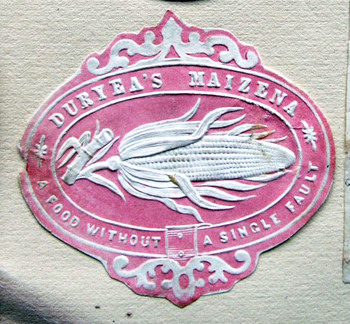
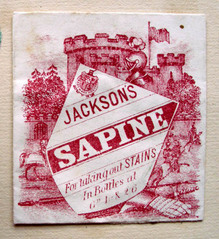
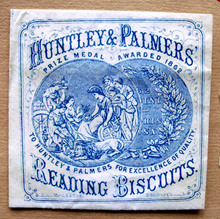
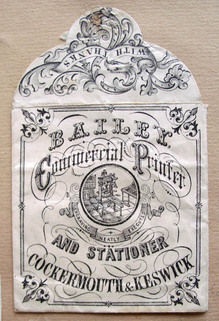
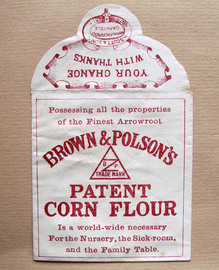
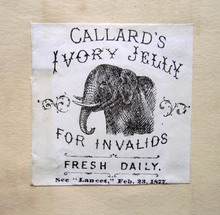
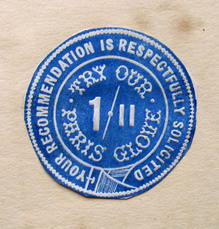
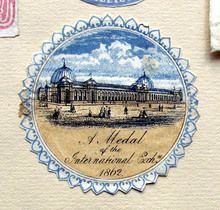
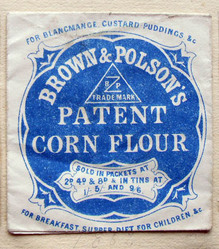
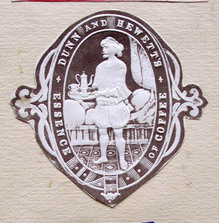
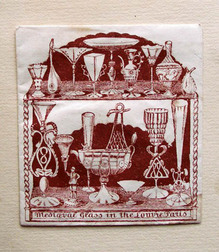
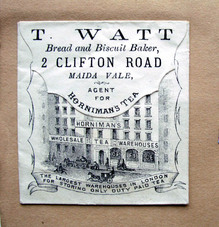
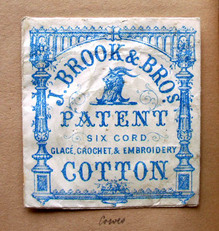
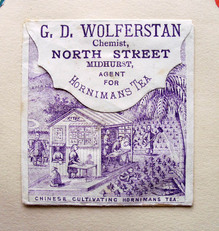
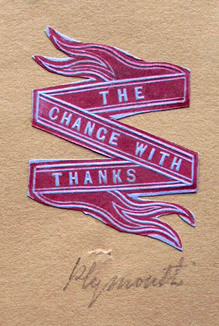
Stunning and very inspiring! Thank you for sharing.